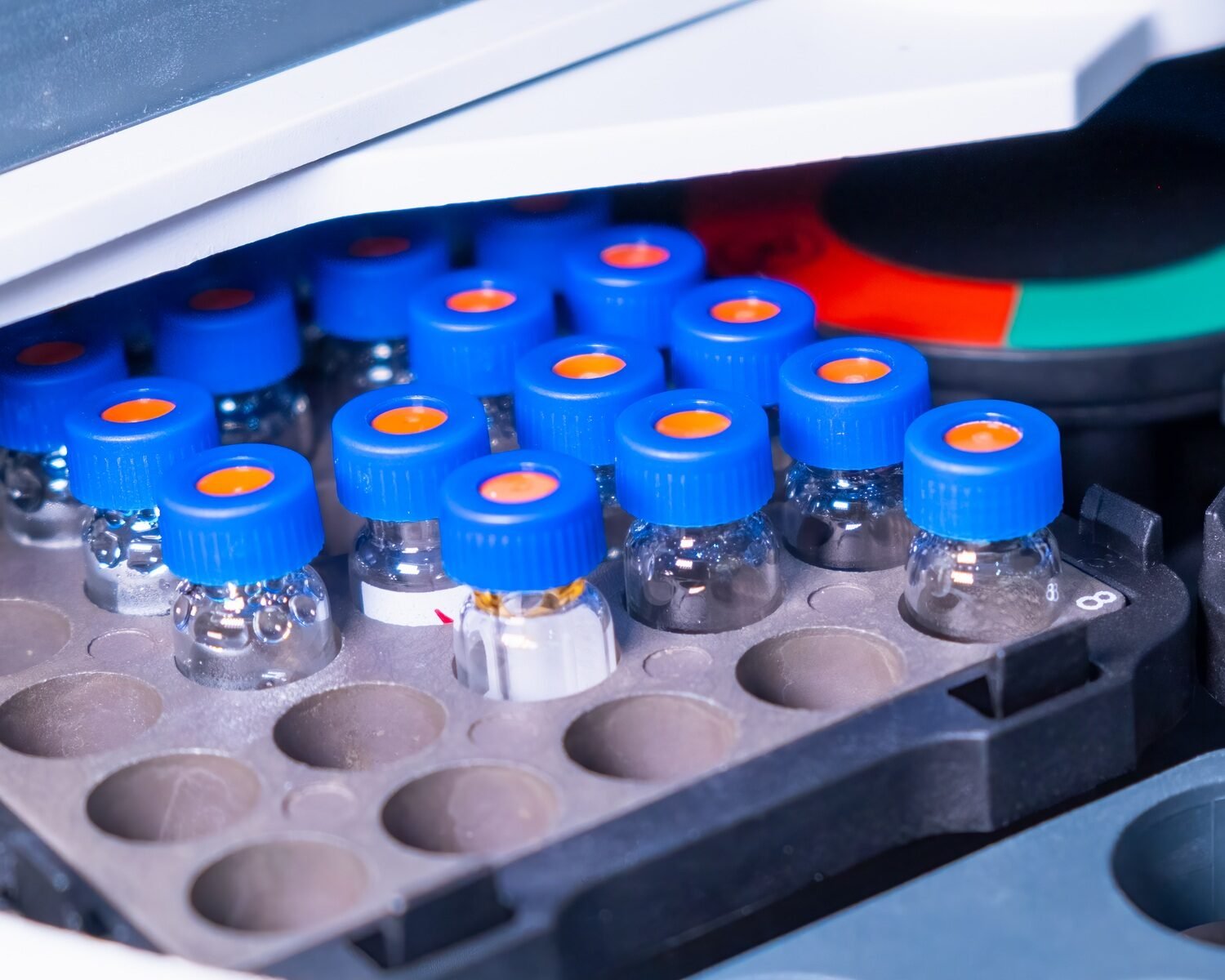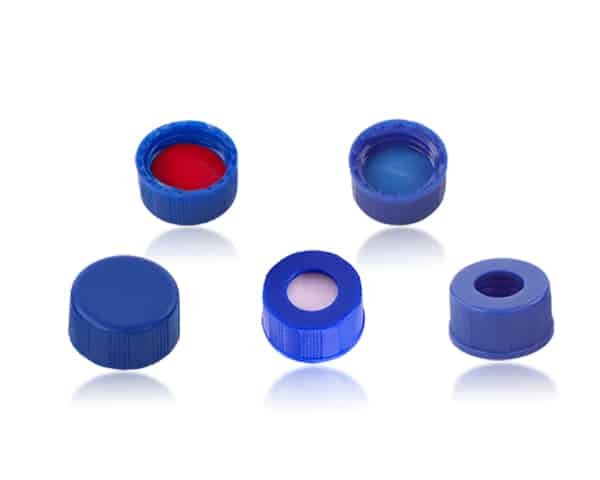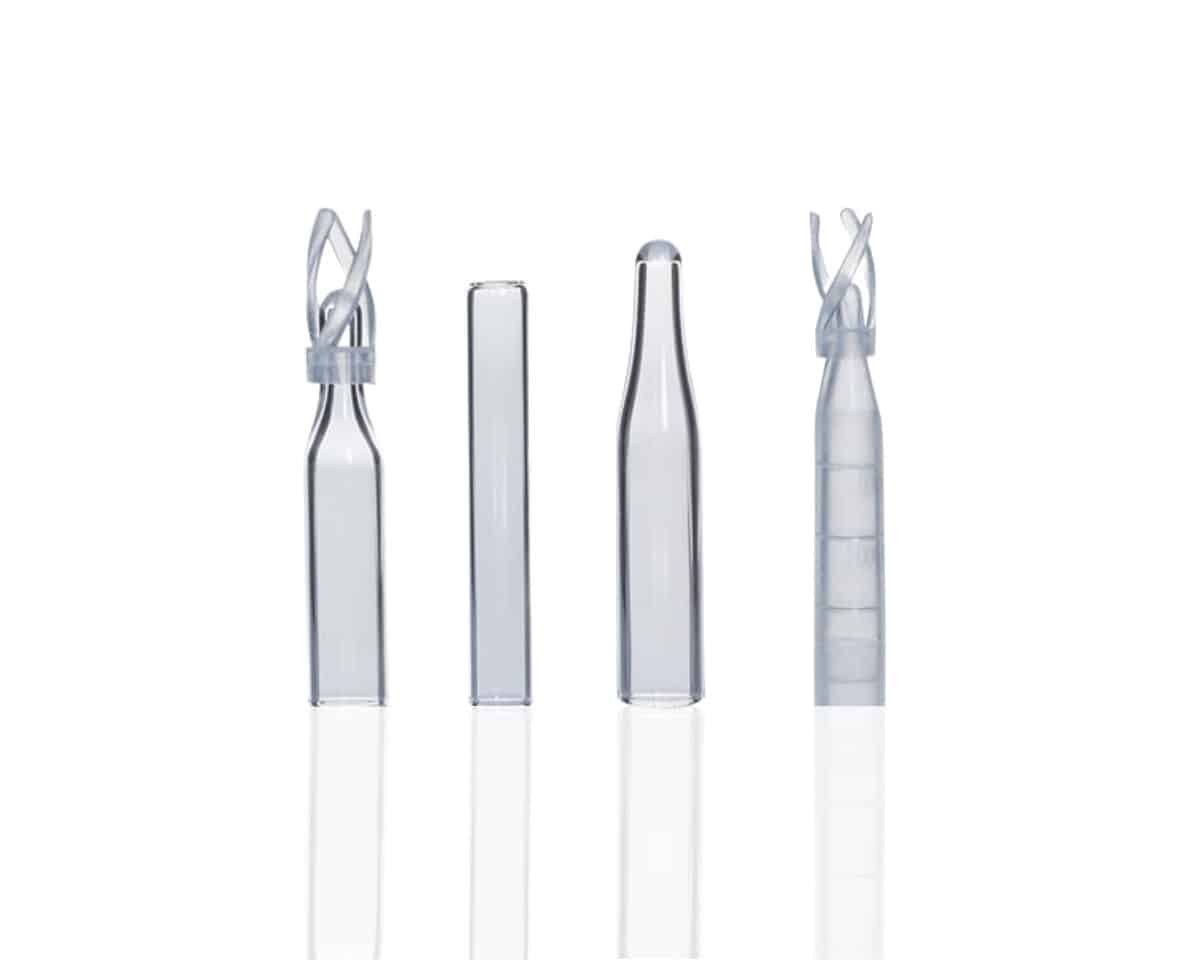It is a well-known fact that in order to run a successful lab, you need the right lab consumables. But what exactly does this mean? Well, for starters, it means doing your research before purchasing anything off of the Internet. Here are 10 tips you need to know when buying from China.
1. You will not find the same prices as you would back home.
The first thing that you need to realize is that you will not be paying the same price for these consumables as you would if you were buying it back home. This is because of tariffs on imported goods, shipping fees, and taxes. Expect to pay around 50% more than what they are sold at back home. Even though this can be discouraging at first, just remember that there’s nothing wrong with paying a little bit extra in order to get your hands on quality products.
2. Shipping times may vary depending on supplier.
Some suppliers ship out their orders within 1 day while others take upwards of 3 or 4 days due to poor communication or absence of English speakers. Since the specific time in which your items will arrive is difficult to predict, you should take this into account and plan accordingly. Make sure to give yourself enough time to test and use all of the products before they go bad.
3. Keep an eye out for counterfeit goods.
You may be tempted to purchase lower priced equipment that has not been approved by your institution, but keep in mind that doing so could land you in hot water with management if it turns out that what you bought was actually a knockoff product. Instead of taking this risk, order from a reputable supplier who can guarantee quality and genuine products. The last thing you need is having something break on you midway through an experiment because it was faulty right from the beginning.
4. Some products may not be authentic.
If you are aware that there is a specific product that you need, do your research to make sure that the supplier will provide an authentic product. There are some suppliers who sell counterfeit goods even when they claim otherwise. Make sure to read reviews and feedback of other customers in order to get an idea on whether or not it’s worth it to take the risk.
5. Have appropriate paperwork ready.
Getting through customs can be difficult without the right documentation for shipments containing chemicals and lab equipment; some countries require you to have this documentation before even putting in your request. Do not rely on contacting them once your shipment gets picked up because it could cause significant delays in processing time they don’t receive any information beforehand.
6. Make sure there is a return policy.
Due to the vague nature of language, sometimes suppliers will promise you something that they cannot actually guarantee. Sometimes this works in your favor if you receive better quality products than what are advertised on their website, but the downside is that the supplier might not be willing to provide any sort of refund or compensation if there are no returns allowed. Before making a purchase, make sure to ask them whether or not they have a policy so that there are no surprises later down the road.
7. Understand product specifications.
There are some suppliers who sell products without specifying what it can be used for exactly; this means that you could get stuck with something that you cannot use and end up losing money in the long run. The best way to avoid this outcome is to do your research and only buy from suppliers who provide the necessary specifications so that you know what you’re getting into.
8. Check for quality assurance testing.
Some suppliers will not test their products before selling them; therefore, they cannot guarantee that it will arrive in perfect condition like advertised on their website. This doesn’t necessarily mean that there must be a QA policy in place, but doing your due diligence will allow you to check for any loopholes or problems that might slip through the cracks eventually down the road.
9. Don’t forget about product revisions.
It may seem like a great idea to save money by buying equipment and instruments based off of older versions of models, but keep in mind that the older version might not have been as safe or effective as newer iterations. Newer versions of these products may cost more, but it will be worth it in the long run to make sure your laboratory is up to code with safety guidelines and procedures.
10. Watch out for currency conversions.
Be careful when converting currency amounts from one currency into another because sometimes there are discrepancies between what you originally agreed upon and what was actually paid at a later date due to currency conversion rates. Ask if they can provide a definitive number before making a purchase so that this issue does not become a problem down the road.
In this article, you learned 10 tips to help when buying consumables from China. If you have any questions about these points or need more information on the subject, please feel free to contact us for a consultation. We can provide insight into how your company might be able to source products in China and improve your bottom line by finding better deals with suppliers overseas. Our team is always happy to answer inquiries so that we can find ways of making sure everyone’s needs are met!










